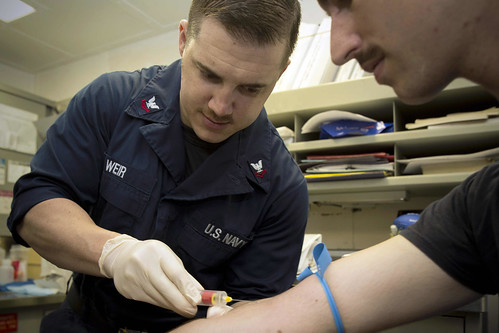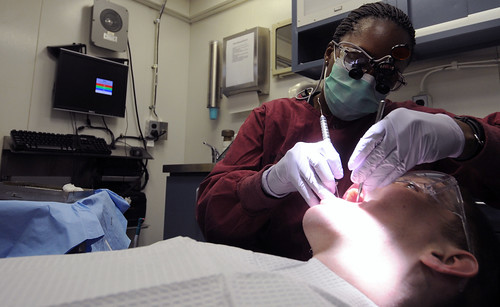According to the Population Division of the United Nations, researchers expect the number of seniors in the world to reach 21 percent by the year 2050. With this many people living further into old age, you want to make sure that you’re living comfortably. Taking care of your health and having proper health screenings will help you enter your golden years happily and comfortably.
With that said, here are six screenings you should have later in your life.
Cholesterol Screenings
Most people think that cholesterol is a bad thing, but cholesterol is actually a very important substance for your body to function healthily. The problem occurs because of imbalanced cholesterol levels. Too much bad cholesterol can build up in your blood vessels and cause a heart attack or stroke.
Your doctor can check your cholesterol levels with a simple blood test. If your doctor finds high levels of bad cholesterol, you can make changes to your diet and exercise. Your doctor may decide to put you on a cholesterol-lowering medication such as Lipitor. Buying Lipitor, which helps reduce bad cholesterol and increases good cholesterol, and making a few lifestyle changes can prevent heart attack or stroke.
Mental Health Screenings
Mental health is a crucial health screening for seniors, given the life changes that occur in later years. Death of loved ones, loss of independence, and changes to the aging brain put seniors at risk for anxiety, depression, and dementia. These issues can cause more health problems if the senior affected can no longer care for himself. A mental health screening can show if you need medication to avoid these problems in your later years.
Blood Pressure Screenings
When your blood pumps through your veins, it puts pressure on your blood vessels. As you age, your blood vessels become less flexible and elastic. Advancing age, plus other health risk factors, means this higher pressure could damage your blood vessels and cause a heart attack, stroke, or other serious health problems.
Luckily, blood pressure screenings are quick and painless. Doctors recommend that you check your blood pressure regularly or at least once a year. You can even check your blood pressure at the pharmacy or local fire department for free.
Diabetes Screenings
Diabetes is the body’s inability to produce or properly use insulin to balance out the sugar from food. Type 2 diabetes is more common and affects many seniors. A blood glucose screening for diabetes is a quick blood test that can give information about your risk for diabetes.
The doctor will do a finger prick at a timed interval after you have eaten. Based on the amount of glucose in your blood, your doctor can tell you if you’re at risk. Changes to diet and exercise can help manage the symptoms of Type 2 diabetes, as well as insulin treatment. Catching diabetes early can avoid serious health complications.
Colon Health Screenings
During a colon health screening, your doctor will use a small camera to view sections of your large intestine. This visual test will show areas that may have cancer or become cancer. If your doctor finds a suspicious area, he may decide to biopsy that section for further testing. Colon health screenings are useful for catching colon cancer in the early stages, offering patients a better chance for survival.
Dental Health Screenings
Dental screenings are important for seniors because oral health can decline as we age. Poor brushing and bad oral hygiene can lead to gum disease or tooth loss. As you get older, you should continue to get routine cleanings and dental check-ups. Your dentist can stop gum disease and tooth loss if caught early. Should tooth loss occur, your dentist can fit you with bridges or dentures and make sure continued comfort and happiness.
No one said getting older was easy, but with the proper health screenings, you can make sure that you are aging in the best health possible. By performing these six health screenings, you can catch many health risks early, increasing your chances of living a healthy life as you enter your golden years. What are some other health screens that you plan on doing as you get older?





